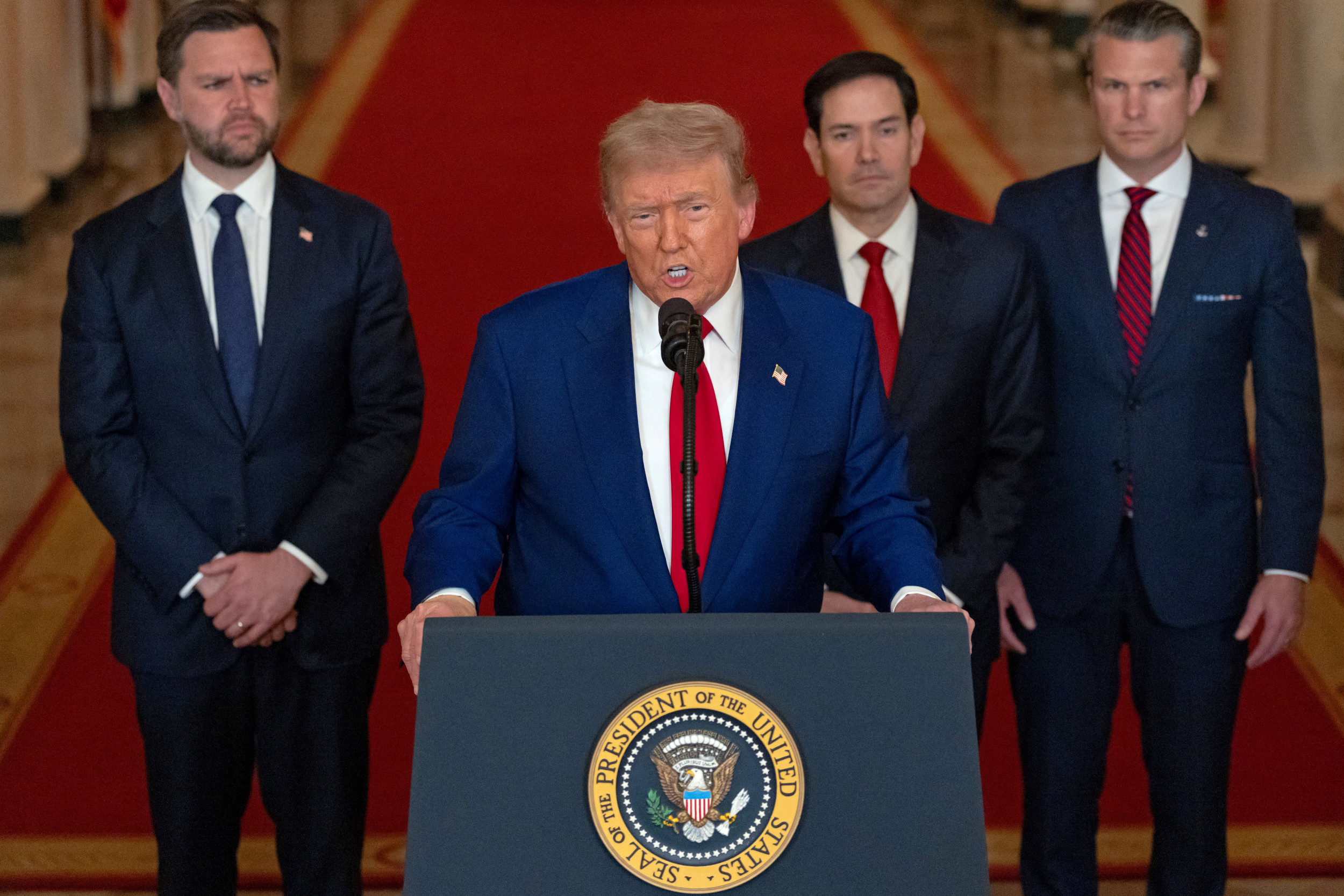The 1600: Manufacturing Consent
3 minute readPublished: Monday, June 23, 2025 at 1:39 pm

US Strikes on Iran: A Rapid Shift in Policy and Public Opinion
Following recent strikes on Iran, the situation is rapidly evolving, raising concerns about potential escalation. The core takeaway from the weekend's events is the significant influence of President Donald Trump on American foreign policy. His decisions appear to be the driving force, often influenced by his advisors. This has led to a shift in rhetoric, with the President now seemingly advocating for a more aggressive stance, despite previously campaigning on an anti-war platform.
The strikes have sparked a swift change in public opinion. A recent poll indicated a dramatic increase in Republican support for potential conflict with Iran following the strikes, highlighting the power of leadership influence. This rapid shift in sentiment suggests a process of "manufacturing consent," where the government and media work together to shape public opinion in favor of specific policies.
The situation is further complicated by Iran's likely response. While the country's military capabilities have been diminished, the potential for retaliation remains. This could involve attacks on American troops in the region or even the activation of sleeper cells within the United States.
International reactions are mixed. Russian President Vladimir Putin has condemned the strikes as "unprovoked aggression," while Israel's President has emphasized the need for self-defense. The President has touted the "obliteration" of Iranian sites, while Tehran disputes the extent of the damage.
BNN's Perspective:
The situation in Iran is undeniably volatile. While the strikes may have achieved some tactical objectives, the long-term consequences are uncertain. The rapid shift in policy and public opinion, coupled with the potential for Iranian retaliation, underscores the need for careful diplomacy and a measured approach. It is crucial to avoid actions that could further destabilize the region and lead to a wider conflict.
Keywords: Iran, Donald Trump, strikes, military action, public opinion, foreign policy, escalation, retaliation, regime change, manufacturing consent, Vladimir Putin, Israel, Republican, war, Middle East